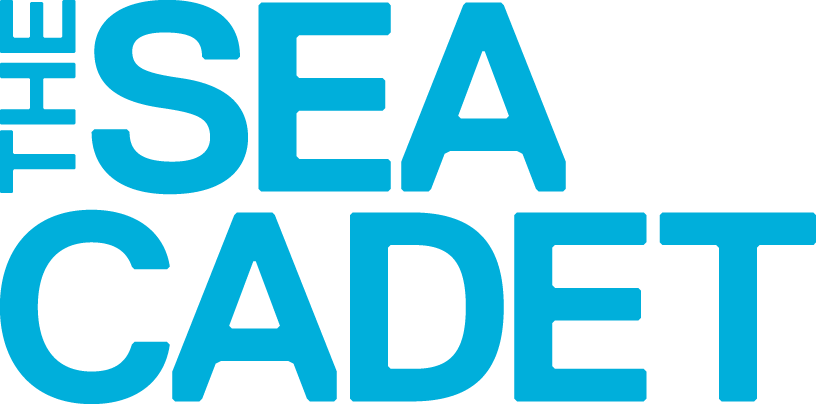Cadets to the rescue
Sea cadets learn first aid skills so that they might be able to save someone's life
If someone is unlucky enough to find themselves choking, bleeding, drowning or facing some other kind of emergency, let’s hope they’re lucky enough to have a sea cadet around! We hear lots of stories about heroic cadets who have used the first aid training they learn with us to help someone. Here are three stories of cadets who did just that…
Saving your bacon
Junior Cadet Cai, from Neath and District Unit, was just 10 years old when he saved his little brother from choking on a bacon sandwich. He knew just what to do thanks to a virtual First Aid session he took part in during lockdown.
“I could see Ioan was choking and starting to turn blue and so I gave him a hard slap on the back to clear his airway,” Cai says. “I’m so glad that I knew what to do and was able to help my brother.”
His mum, Daniella, and dad, Jonathan, were both sea cadets. “We are so proud of Cai’s quick thinking,” says Daniella. “He remained calm and knew exactly what he needed to do to help his brother in a very scary situation. We are very grateful that Cai had received this training.”
Commanding Officer Sub Lieutenant Chloe Oglesby said, “Cai reacted in a way that many people would not be able to. It really shows that learning basic life-saving skills at a young age can make a huge difference to someone’s life!”
Ioan said simply, “Cai is my hero.”

Drama at the skate park
Cadet Lance Corporal Keya, from Barnsley Unit, used the first aid training she did at Sea Cadets to come to the rescue of a 10-year-old boy at a skate park after he fell off a scooter.
“When I heard the boy’s head hit the ground and heard him scream, I knew he was hurt quite badly,” explains Keya. “I ran over and saw blood coming from his head wound and knew from my training that I had to try and control the bleeding and keep the boy calm.
“I carry a small first aid kit in my bag and it has a bandage in it, so I used that to apply pressure. I helped the boy contact his family and stayed with him until they arrived to take him to hospital.”
“I think first aid is a skill everybody should learn. Knowing how to deal with a situation without panicking while keeping the casualty calm is one of the most important parts.”
Cadet Lance Corporal Keya
Keya’s mother, Leanne, says, “I’m very proud of Keya. She has taken on board what she has been taught at Sea Cadets. You never know when you may need to use those skills.”
PO(SCC) Neil Stubbs, Officer in Charge at Barnsley Sea Cadets, said, “It is a credit to Keya, and to those volunteers involved in her development, that she can demonstrate her skills and knowledge so effectively at critical times, acting with courage, determination and commitment.”

A side order of first aid
A former cadet saved the life of a young girl at a restaurant, thanks to the first aid training he received during his time at Sea Cadets. Jack Smithson, 16, was on his second day as a waiter at a café in Doncaster when he noticed a girl choking on her food. He quickly got behind her and pushed the bottom of her diaphragm to force the food out of her airway.
“I heard screaming,” Jack says. “The grandma had her fingers down the girl’s throat. I was a sea cadet for five and a half years and I took part in multiple First Aid courses, including one on choking. So I knew she shouldn’t put fingers down her throat as it could push it further down and make it worse.
“I just grabbed the little girl and started performing the Heimlich manoeuvre. Luckily, on about the fourth attempt, she managed to cough the food out.”
Jack, who began college in September and hopes to become a forensic psychologist, was later named employee of the month.

First class training
The First Aid courses offered at Sea Cadets are aligned with qualifications of the St John Ambulance via the Army Cadet Force Association (ACFA), so all qualifications offered are externally recognised. Training includes how to deal with:
- bites and stings
- bleeding and shock
- chest pains
- choking
- recovery position
- coping in an emergency.
Search the Sea Cadets Portal or talk to your Training Officer to find out more about First Aid courses you could do to make sure you’re ready to rush to the rescue!

More Features

Be your best self
Every year a cadet from each area is selected to be a First Sea Lord’s Cadet. Let’s meet the cadets selected for this prestigious role for 2024


